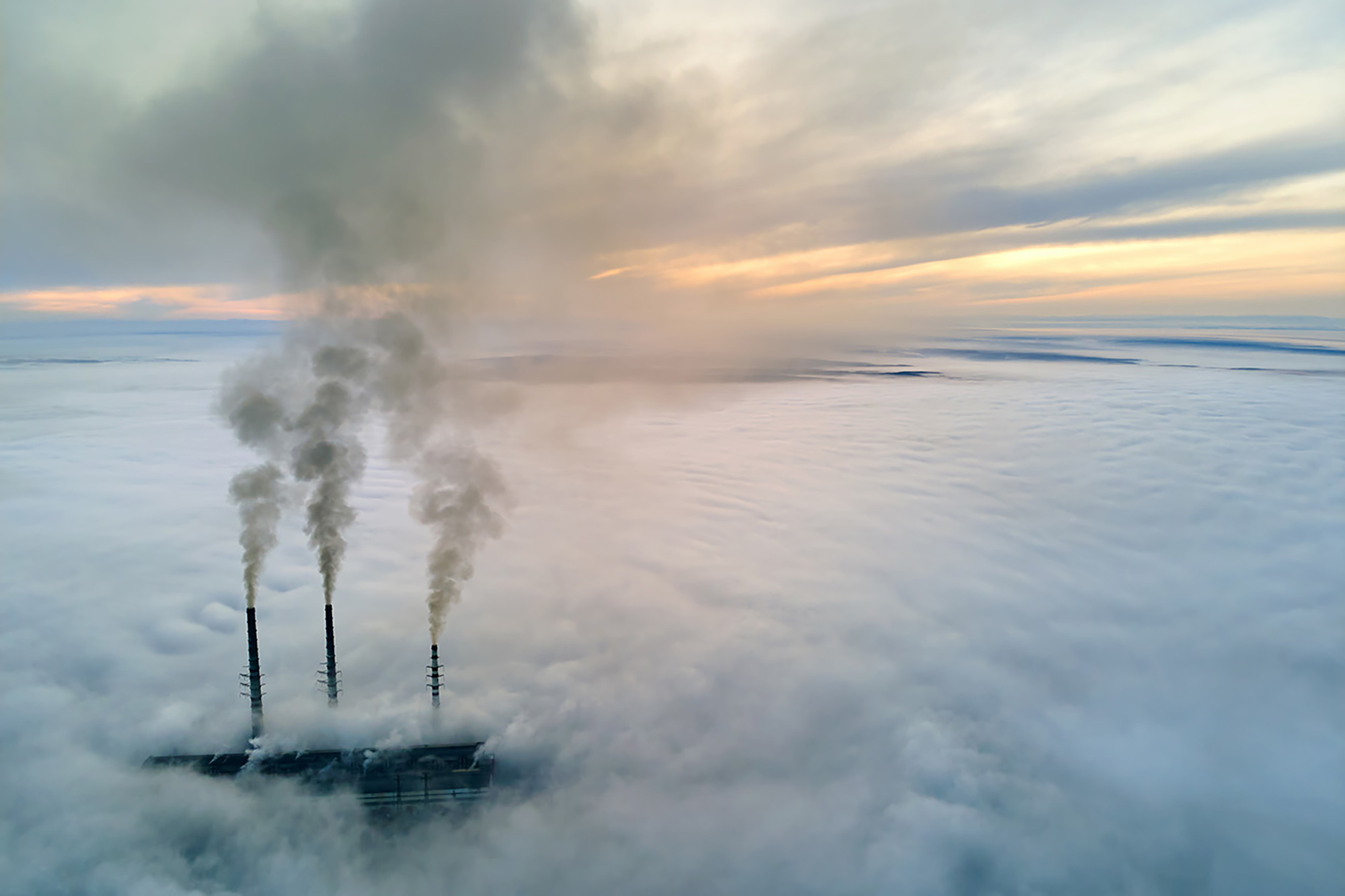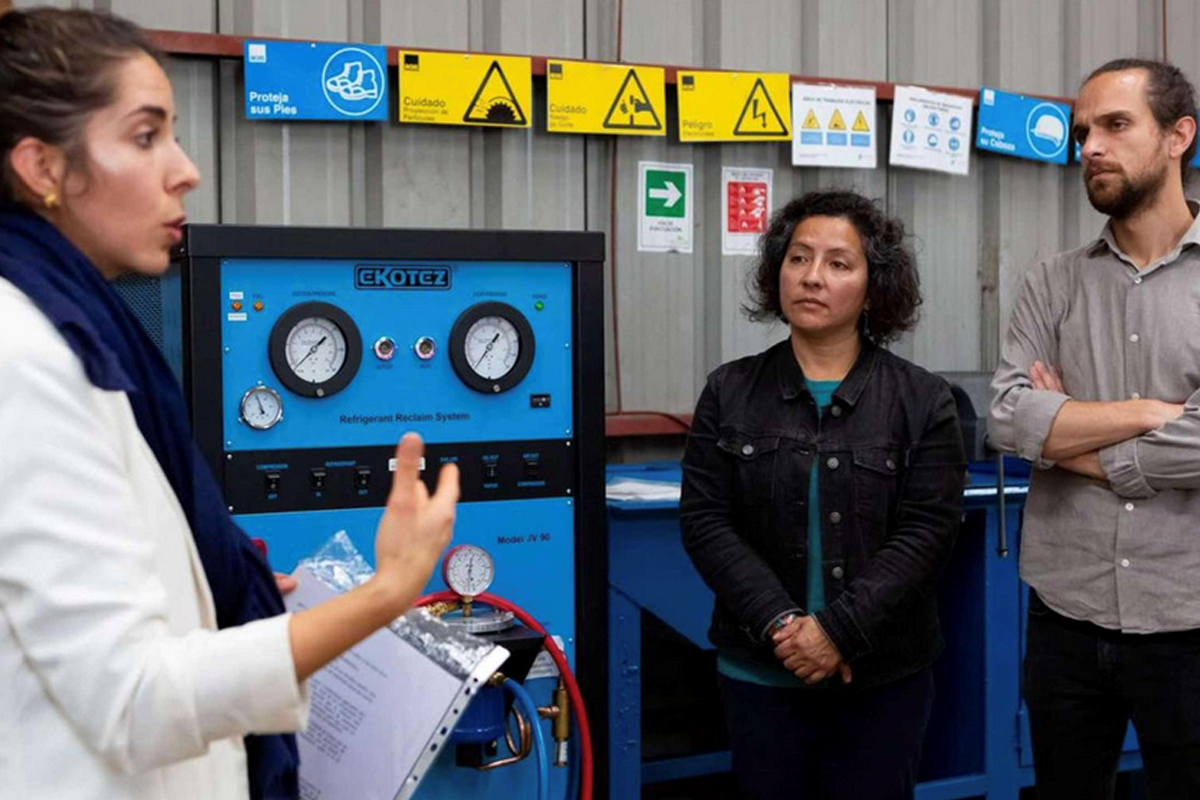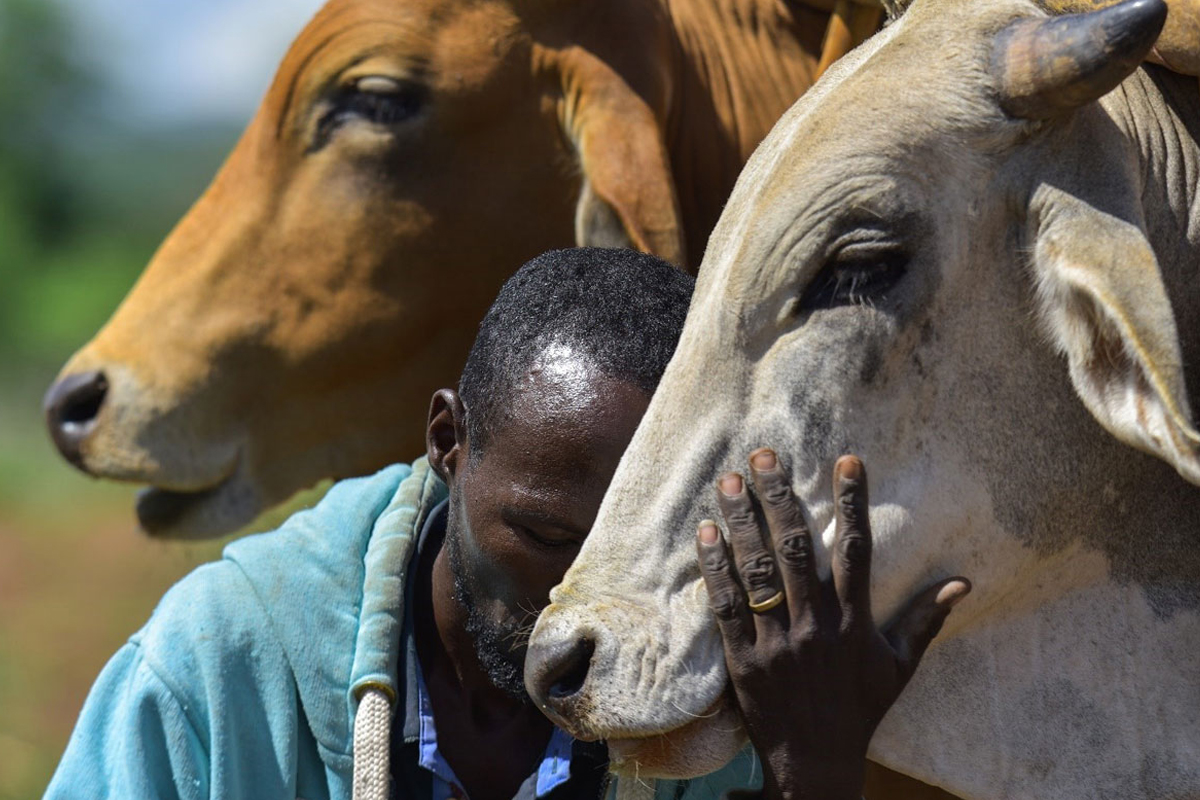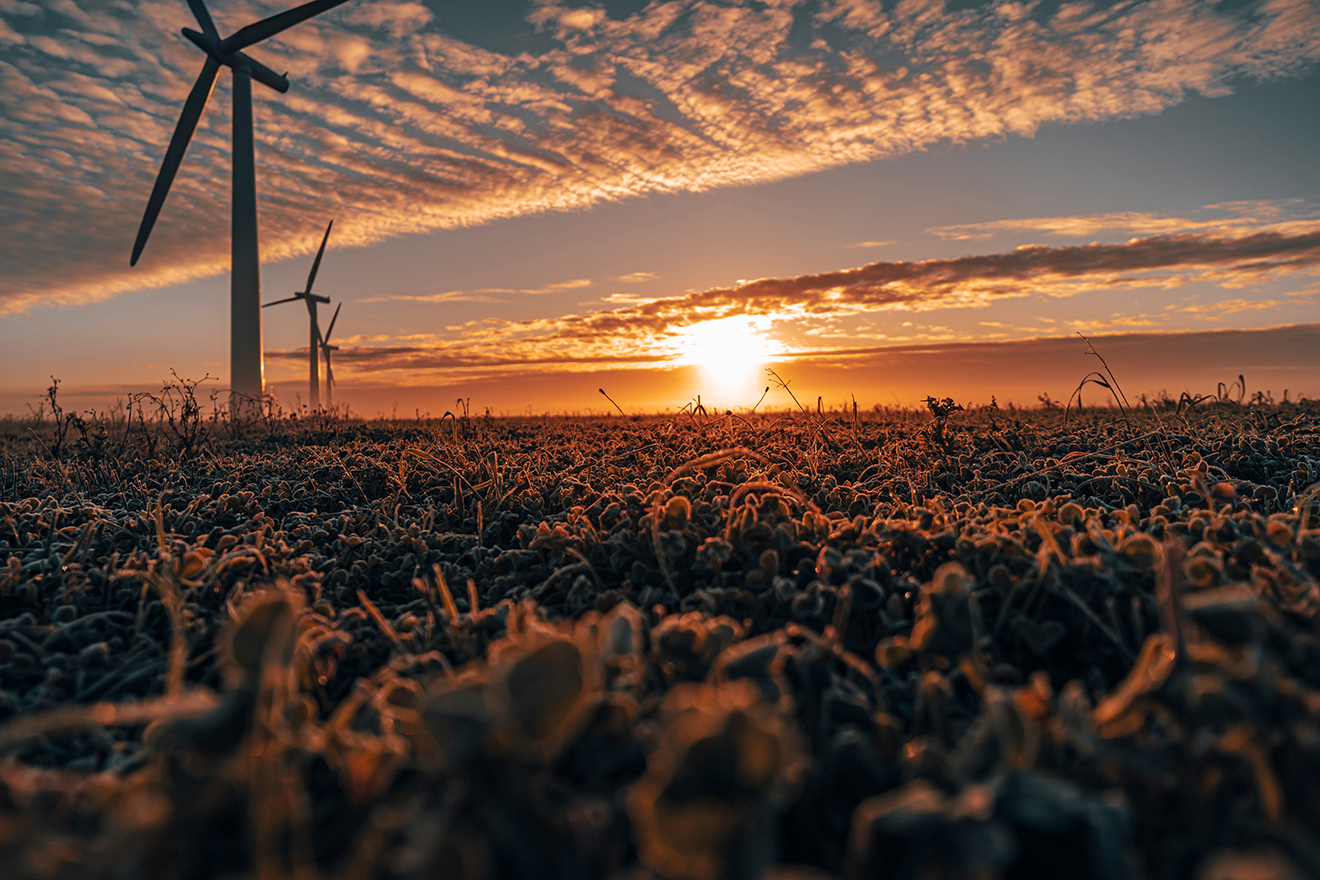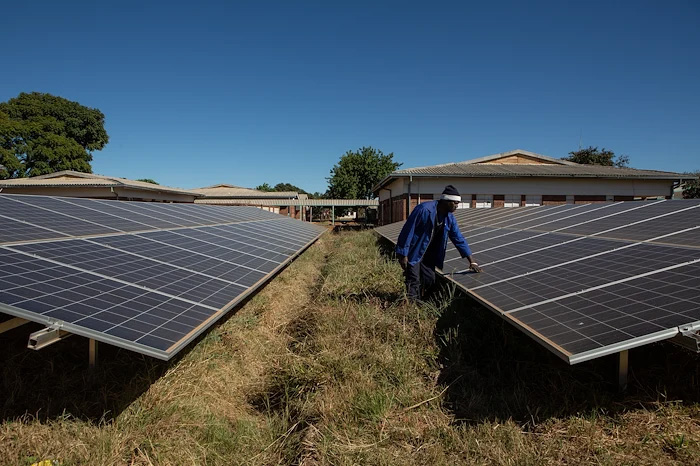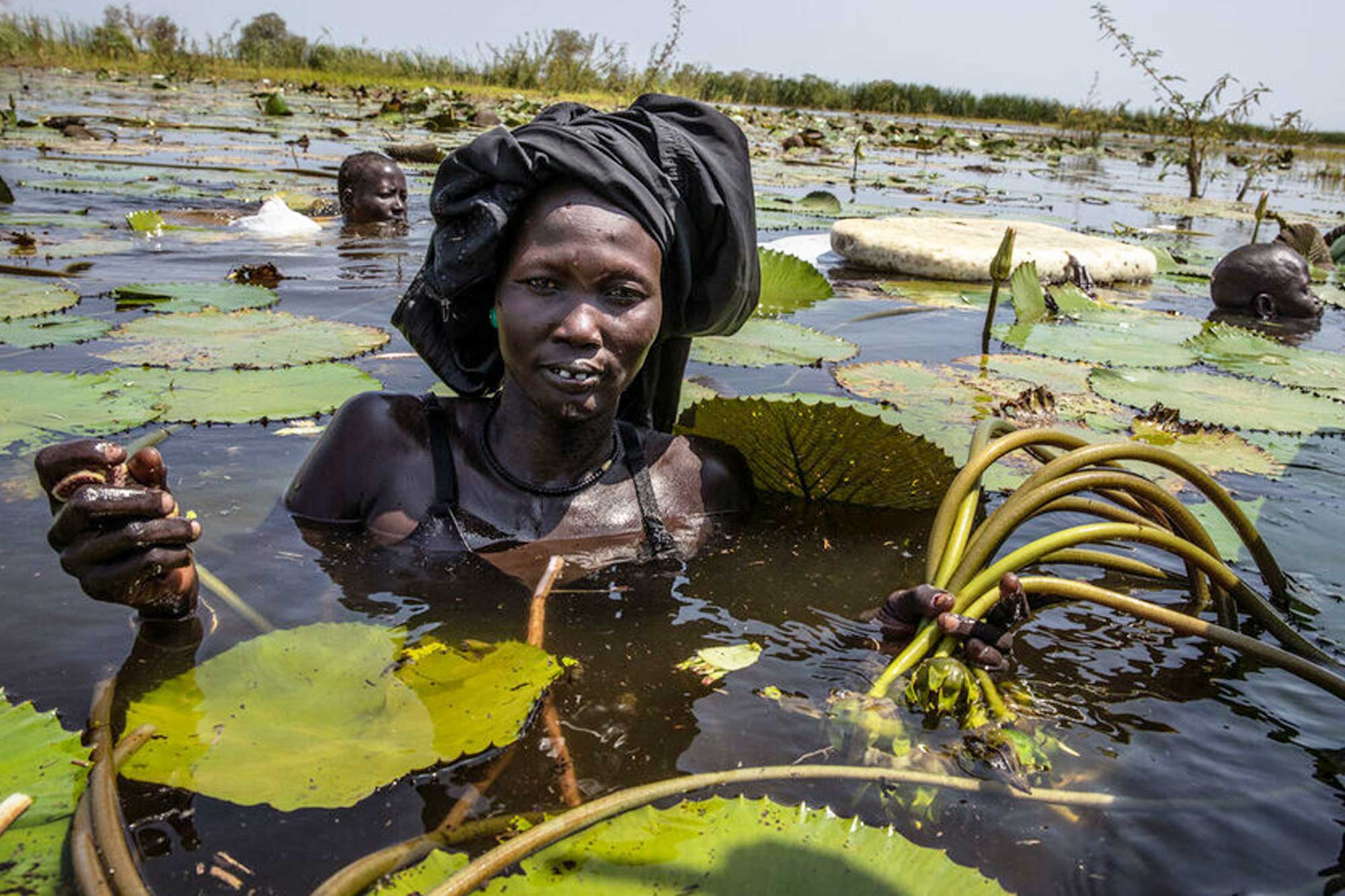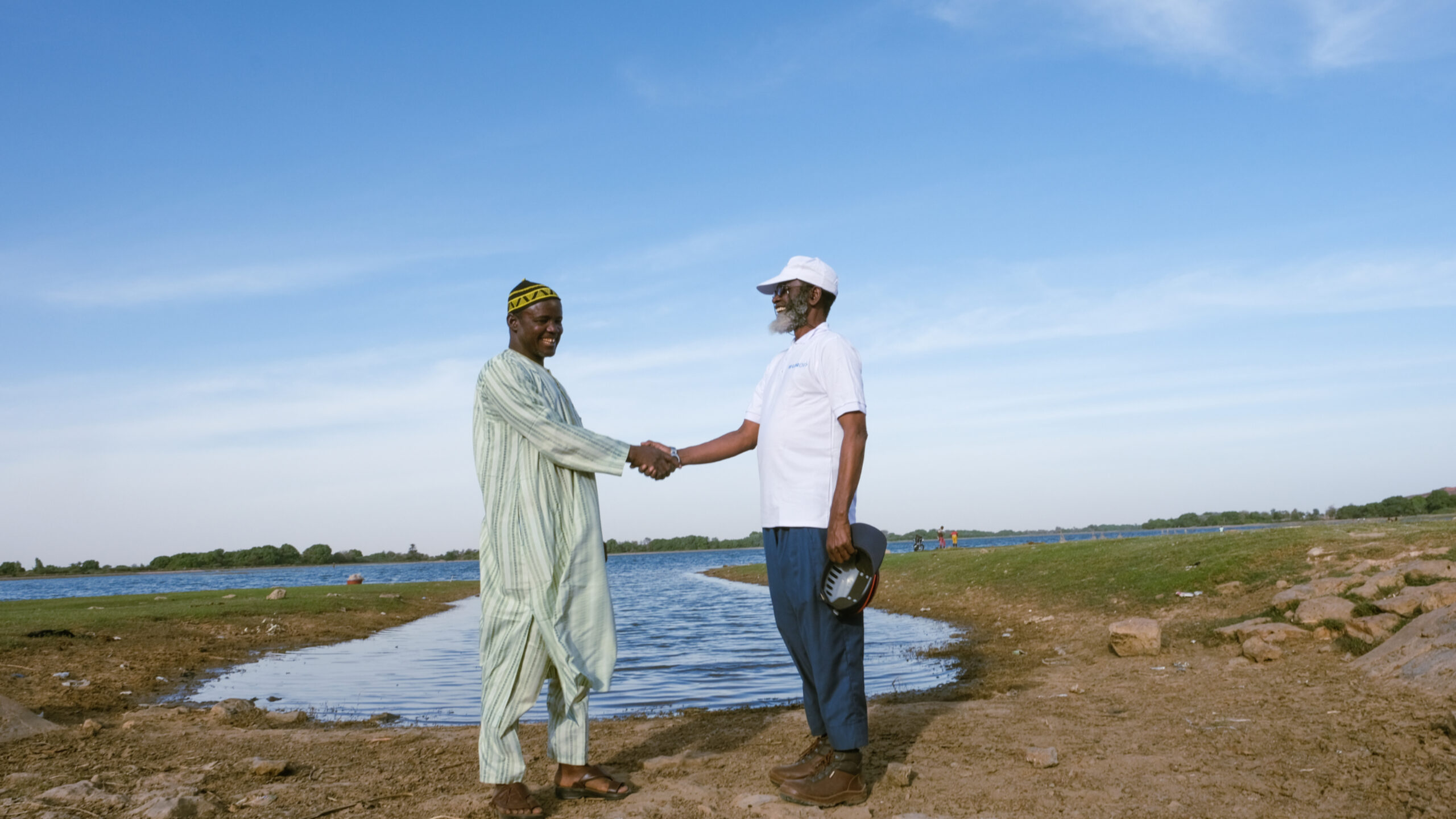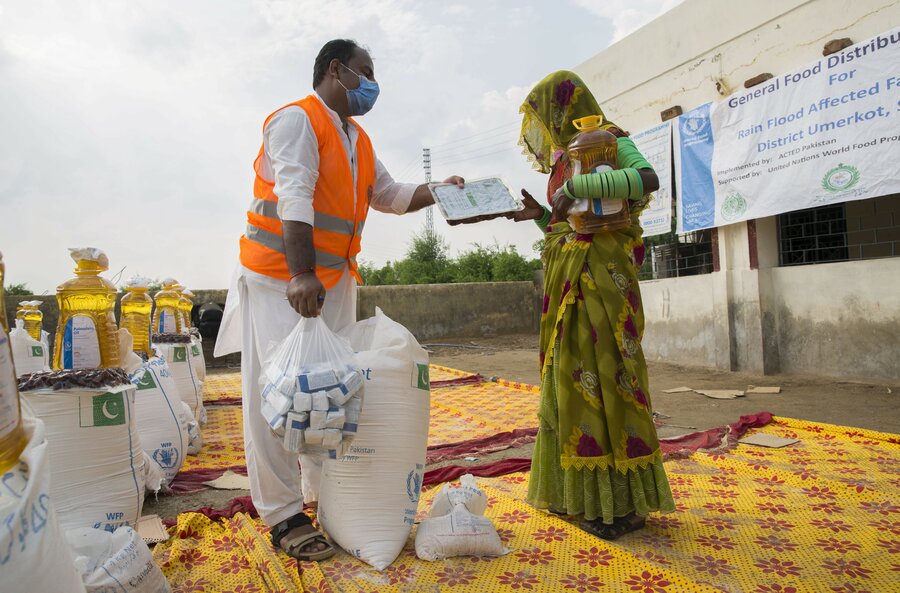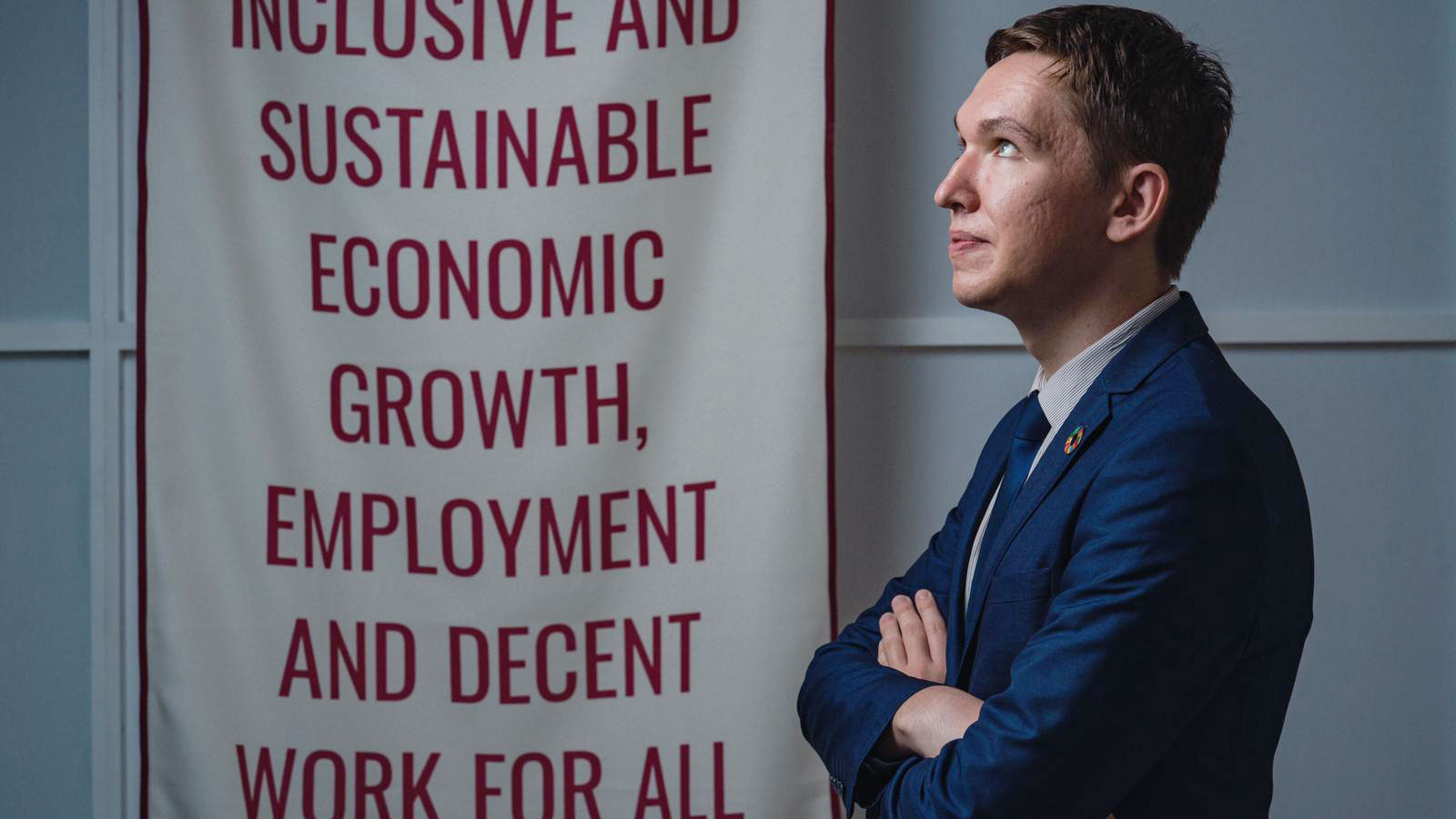The concentration of heat-trapping greenhouse gases in the atmosphere reached a new record level last year. This is part of an upward trend with no end in sight, according to the World Meteorological Organization (WMO). The UN agency’s latest Greenhouse Gas Bulletin compares the gas concentration levels with the previous year and with preindustrial levels. It warns that the rising concentration of greenhouse gases in the atmosphere will lead to a rise in temperature, extreme weather conditions, and a rise in sea levels.
SDG 13: Climate Action
With a focus on the Social Impacts of Climate Change, the 13th edition of the UNESCO Youth Forum (November 14-15) underscores the need for an equitable climate transition. As young people’s voices ring loud in their assertion that climate change jeopardizes their future, the event seeks to amplify their role in shaping solutions. With the belief that the social impacts of climate change demand center stage, the Forum provides a crucial platform for young changemakers, offering them the chance to influence policies and collaboratively devise strategies for a just and sustainable future.
UNIDO: Promoting circularity in refrigerant gases; a climate-friendly cooling solution.
Despite contributing the least to greenhouse gas emissions, Africa is the most vulnerable continent to the impacts of climate change. In fact, 7 of the 10 countries that are most at risk are in Africa. Small-scale farmers in Africa are on the frontlines. They are battling climate change impacts every day, while feeding their communities and driving rural economies. They need the world to invest in them so that they can continue driving their own sustainable development, even in the face of climate change.
For its part, IFAD is mobilizing climate finance from a variety of sources, including the Green Climate Fund, Global Environment Facility and its flagship ASAP programme. IFAD promotes climate-smart agricultural practices, such as the community-led nature-based solutions and climate-tolerant crop varieties.
Climate extremes are a key driver of food insecurity. WFP are providing solutions to help communities predict and prepare for climate disasters for a sustainable future.
Can renewable energy power a safer future? Does what we eat matter for climate action? Can our ocean be our greatest ally against climate change? Learn more about how climate change impacts are felt across different sectors and ecosystems, and why we must nurture rather than exploit nature’s resources to advance climate action. Join our UN campaign Act Now and contribute. Every one of us can help limit global warming and take care of our planet.
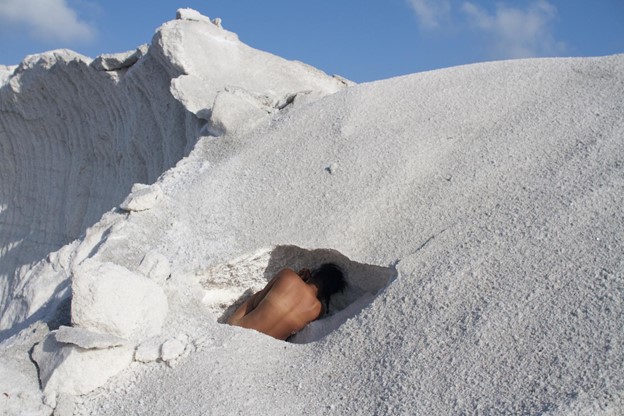
Fragile soil, fertile souls
UNSSC 20th Anniversary Art Exhibition celebrates its twentieth anniversary by presenting a distinct climate action-focused art exhibition to inspire all act as agents of change amidst the climate emergency. There is a duality in our mission for Fragile Soil, Fertile Souls. It not only promotes learning through art, but it also serves as a symbol of UNSSC's work to further support United Nations' efforts to achieve a climate-stable and environmentally just future for all.
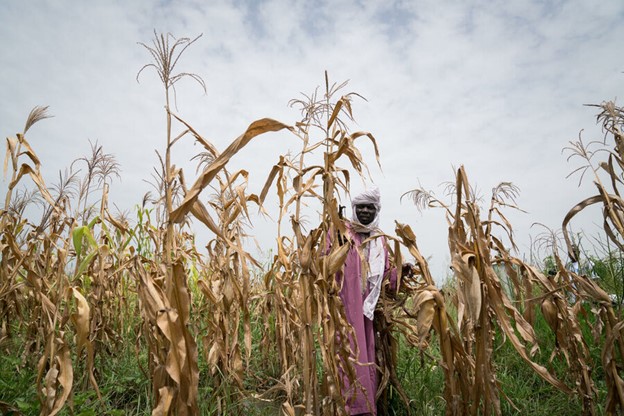
Climate action: what's next in 2023
During 2022, WFP provided food and other assistance to over 160 million people, including many hit by climate disasters. In over 30 countries, WFP also supported communities to better anticipate and prepare for climate impacts. With this year promising another wave of climate-related disasters, let’s explore what lies ahead for the climate – and WFP in 2023.
Carbon footprint - measure your impact
From driving a car to disposing of waste, many of our daily activities cause greenhouse gas emissions. In living a more sustainable lifestyle and tackling the climate crisis, knowing how our behaviors and actions impact the environment is a crucial first step. Act Now! Download the mobile app and measure your carbon footprint!
The last seven years have been the hottest ever recorded. And they’re just a taste of what to expect if we continue to fail to act on global heating. COP27, taking place in Sharm El-Sheikh, Egypt, is an opportunity to stop talking and start acting. Change is happening around us, and the Paris Agreement points the way. In country after country, UNDP has witnessed, alongside our key partners, the transformation that takes place when leadership, political will and investment come together. There is no future without meaningful climate action.
An example in resilience: displaced women of Unity State, whose lands have been submerged for 3 years, are now taking part in a local initiative to make cooking fuel out of invasive water hyacinth weeds as a safe and clean alternative to charcoal and firewood. Putting South Sudanese people on the path to early recovery is possible if we prioritize small-scale farmers who are finding local solutions to local problems. On International Peace Day, WFP looks at how tackling the climate crisis can help fight hunger and build stability.
In support of the Green Climate Fund, UNOPS is helping countries prepare for a low-emission, climate-resilient future.
The World Food Programme (WFP) is rapidly expanding its food assistance support in Pakistan as the Government takes stock of floods which have killed nearly 1,000 people and displaced 33 million.
Through its National Disaster Management Authority, the Government – which has declared a national emergency – is leading the response in coordinating assessments and directing humanitarian relief to flood-affected people. For their part, UN agencies such as WFP are providing “augmented information, together with the Government, to ensure … we have greater verification of exactly who should avail themselves of that cash”. Read the full article.
"The war [in the Ukraine] is affecting the sustainable development of every single country in our region [...] The war was used as a pretext to walk back on certain already feeble commitments in terms of climate."
Vladislav Kaim is dedicated to protecting the environment. A member of the UN Youth Advisory Group on Climate Change, he promotes green jobs, the energy transition, and generous climate finance - urgent priorities for our rapidly warming world. Yet the war in Ukraine has blown apart regional and global networks working towards a livable future. As a Moldovan, Vladislav Kaim has seen how the devastating war in Ukraine has affected the region and turned people's attention away from the climate emergency. In this episode, he reflects on the effect of the war on long-term climate action, and on his fears for loved ones in the region.
Photo: ©Vladislav Kaim
Women and girls are disproportionately vulnerable to the growing impacts of climate change, yet they are also critical advocates, innovators and decision-makers at the forefront of global climate action and solutions. This International Women’s Day (8 March 2022), under the theme “Gender equality today for a sustainable tomorrow,” UN Women recognises and celebrates the contributions of women and girls around the world to build a more sustainable and equal future for all. By championing climate action by women, for women, we can ensure that it’s not too late. Learn more about UN Women's #IWD2022

